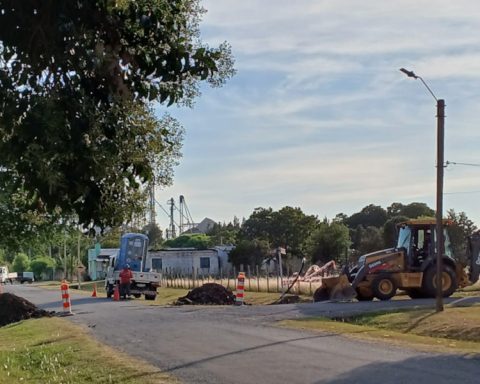In such disruptive times as the current ones, where everything changes rapidly, organizations must strive to adapt to these transformations, requiring flexible business processes that are effectively supported by information technology (IT) systems.
For digital transformation to have the desired effect, organizations need to have a culture focused on making things happen, with frameworks that are appropriate to their expectations and needs, and with technological tools that facilitate the automation of processes and the exchange of information. .
The four key concepts aligned to what organizations need to make their digital transformation a reality are: business architecture, agile methods, low code – no code platforms and IT governance.
Adriana Berlingeri, Consulting partner at Deloitte Uruguay specializing in the incorporation of technologies and information security, referred to these concepts and how they can help organizations face the transformations they seek.
The four concepts are:
Low Code Platforms – No Code
These platforms propose a development approach that requires writing very little code or even nothing at all to create new applications and thus seek to automate an organization’s processes in less time. These platforms use visual interfaces with simple logic and ‘drag and drop’ functions instead of complex programming languages. These intuitive tools allow users without formal knowledge of software development (known as ‘citizen developers’) to easily create mobile or business applications.
Agile methodologies
Agile methodologies are a set of principles, values and mental models that allow us to deal more effectively with problem solving. Agile methodologies are those that allow the way of working to be adapted to the conditions of each project, achieving flexibility and timeliness in the response to adapt the project and its development to the specific circumstances of the environment.
enterprise architecture
Enterprise architecture is a discipline that seeks to understand the capabilities in an organization, identifies the main components and their relationship to achieve business objectives. It acts as an integrating force between business planning aspects, business operation aspects and technological aspects. This discipline allows organizations to understand, in a structured way, how they are currently operating and what they need to modify to achieve the expected digital transformation. Some specific aspects that the Enterprise architecture allows to achieve are:
- Potentialize and optimize business processes from a better use of technology.
- Improve the interrelationship between IT and the Business
- Rationalize and consolidate expenses and investments in IT.
- Improve decision making and planning of IT initiatives.
- Define the portfolio of projects and the roadmap for the transformation.
Governance and IT Operating Model
IT governance lays out a formal framework that provides a structure for organizations to ensure that IT investments support their business objectives. This framework proposes policies and guidelines, decision instances, processes and tools that seek to facilitate decision-making related to the technology services that an organization requires.
How are these concepts integrated to achieve an effective digital transformation?
From Deloitte, they consider it necessary to integrate these concepts to address the digital transformation initiatives of organizations, in an approach we call Digital EA.
Deloitte
Digital EA considers enterprise architecture and IT governance to be the pillars that support the construction and evolution of digital transformation by providing a clear understanding of the current and required capabilities to achieve the objectives of the organization, and also by defining the guidelines , processes and controls so that the transformation is organized, scalable and sustainable over time.
On these pillars, Deloitte considers it essential that organizations adopt agile methodologies, since in this way organizations will build the capabilities proposed by business architecture in a sustainable and continuous manner.
On top of the other components are the Low Code-No Code platforms, which will facilitate and speed up the automation of organizational processes in an organized and controlled manner, given that business architecture and IT governance continue to be the pillars of the Digital Transformation.


















